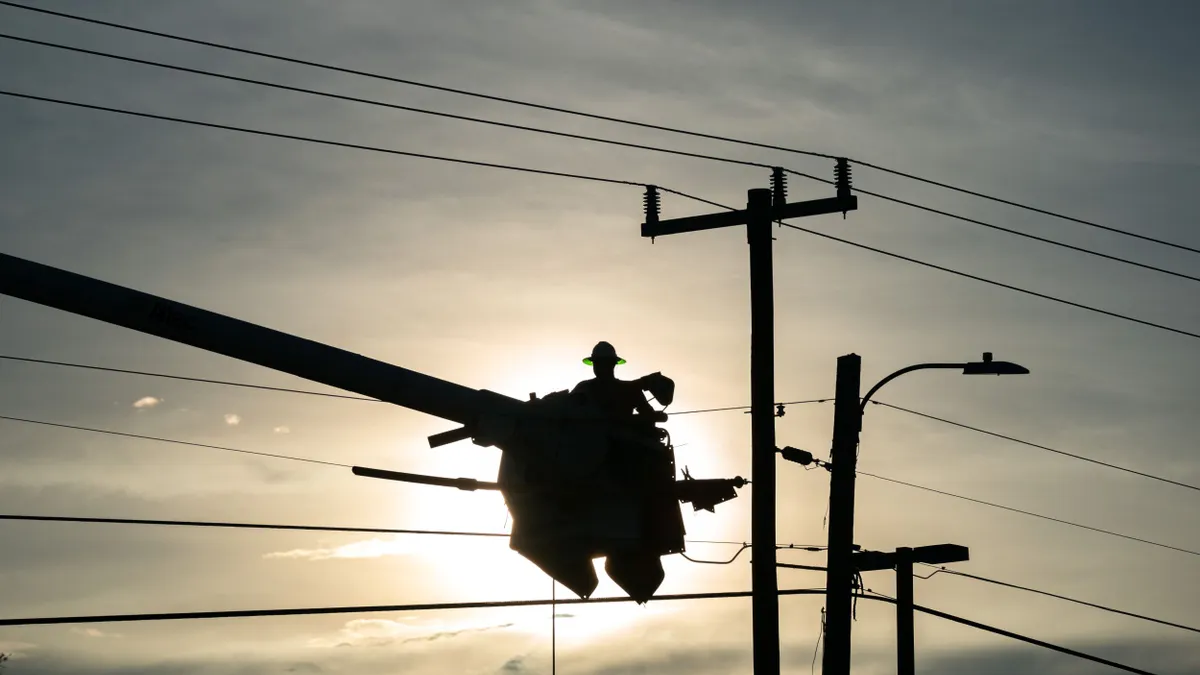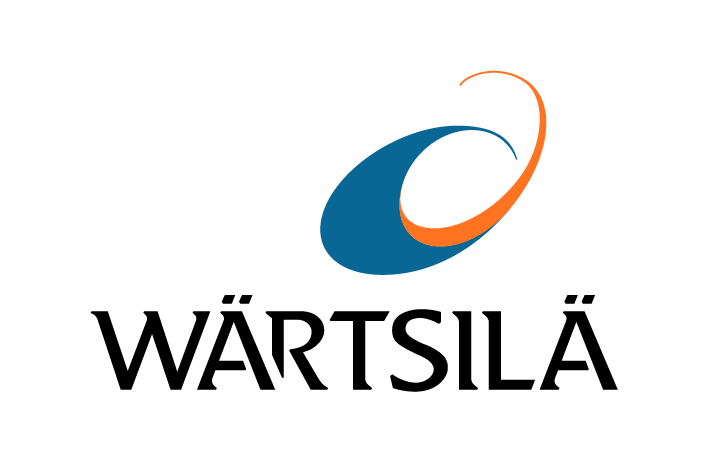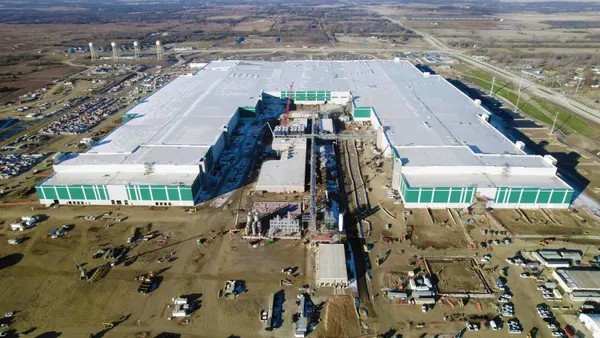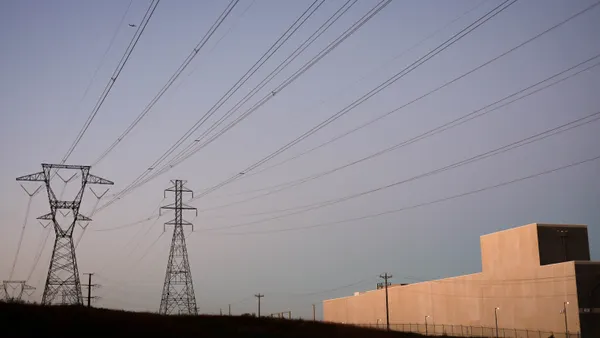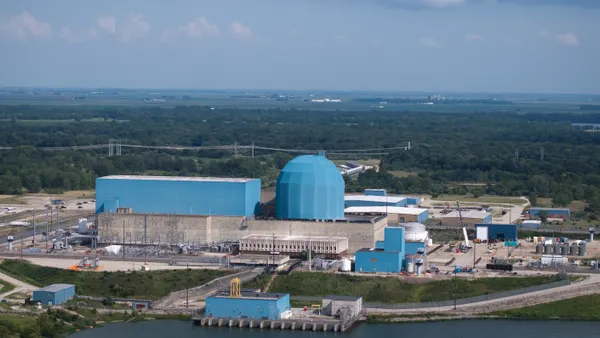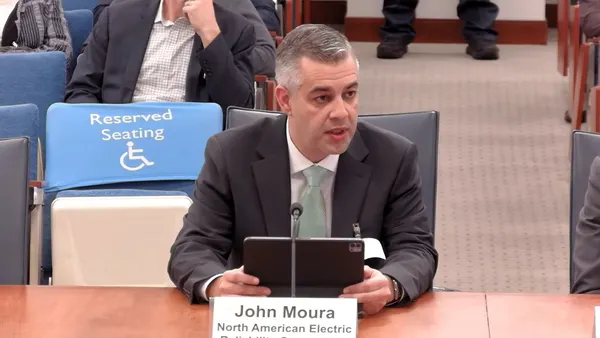In separate lawsuits, public interest groups on Tuesday asked a federal appeals court to overturn the Federal Energy Regulatory Commission approval of fast-track interconnection review programs proposed by the Midcontinent Independent System Operator and the Southwest Power Pool.
In part, the groups contend the fast-track interconnection processes give the reviewed projects an unfair advantage compared to projects in the grid operators’ standard interconnection queues. Also, the processes will improperly add to residential ratepayer costs, they say.
Clean Wisconsin, the Natural Resources Defense Council and the Sierra Club sued over FERC’s MISO decision and the Sierra Club sued over the SPP decision. The suits were filed in the U.S. Court of Appeals for the District of Columbia Circuit.
“FERC’s approval of SPP and MISO’s line-cutting proposals will only add to the disruption that has prevented hundreds of gigawatts of clean energy from coming online to serve projected resource needs,” Greg Wannier, a senior attorney with the Sierra Club, said in a statement. “The result will be higher monthly bills for tens of millions of people by locking in new gas-burning power plants ahead of cheaper, shovel-ready clean energy projects.”
Generally, state utility regulators supported the one-time MISO and SPP proposals, which aim to quickly add generating resources to the grid in the face of tightening power supply conditions. They were opposed by renewable energy companies and public interest groups which argued, in part, that they violated FERC’s principle of providing nondiscriminatory access to the grid.
In its July 21 decisions on MISO’s Expedited Resource Addition Study process and SPP’s Expedited Resource Adequacy Study process, FERC rejected arguments that the plans violated the agency’s open access principles and that they discriminated against certain types of resources.
The approved processes will allow planned resources that meet eligibility criteria to sidestep MISO’s and SPP’s standard interconnection queue reviews.
Under MISO’s ERAS program, the grid operator will study in quarterly cycles up to a total of 68 interconnection requests or until May 10, 2027, the application deadline for its last cycle study.
So far, MISO has accepted 47 applications into the ERAS queue and is considering five just-filed applications, according to the grid operator. At 20.3 GW, gas-fired projects accounted for 75% of the 26.9-GW ERAS queue as of Nov. 6. Battery storage projects in the queue total almost 4 GW, followed by solar at 1 GW, wind at 980 MW and nuclear at 675 MW.
SPP has 36 projects totaling 13.3 GW in its ERAS queue, including about 9.6 GW of thermal generation, according to the grid operator. Nearly all the planned capacity is in SPP’s Central, Southern and Southwestern regions.
MISO runs the grid and wholesale power markets in 15 states from Louisiana to Minnesota, as well as in Manitoba, while SPP operates in 14 states from eastern New Mexico to parts of Montana.





